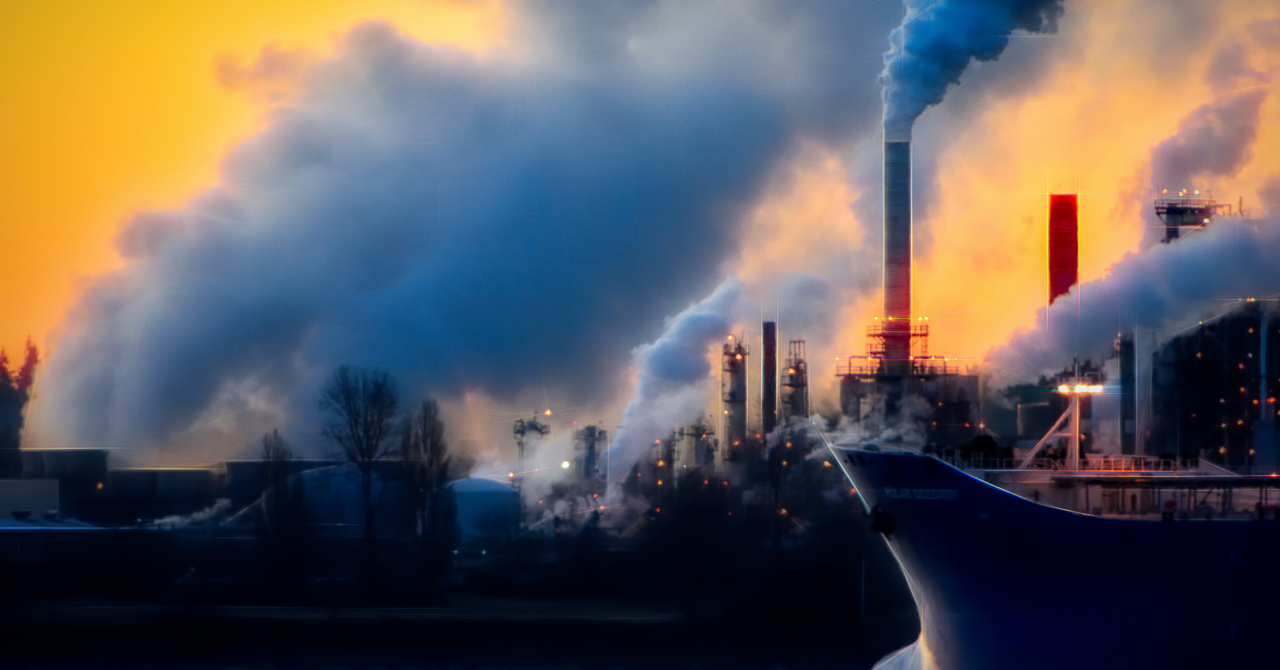According to The Guardian, the members of the parliament said that a carbon border adjustment mechanism (CBAM) would penalise companies and countries that try to evade responsibility for cutting emissions.
At the same time, this would force some industrial sectors to stop doing environmentally damaging practices.
Philip Dunne, chair of the UK Parliament Environmental Audit Committee, said that "the targets, timetables and overall strategy for meeting net zero have been set: now the work must speed up to make the ambitions a reality."
Some industries, such as steelmaking, will need to make changes to equipment and techniques in order to ensure that they're on track with the 2050 net zero target.
This could be an issue, however, if rivals from other countries don't follow suit and will continue to use fossil fuels in order to make their products, continuing to emit carbon dioxide.
This means that their products would be cheaper, leaving the British industry at a significant disadvantage.
This phenomenon is known as carbon leakage, since domestic green industries lose ground to the ones overseas that still use carbon emitting processes.
A CBAM could help with regard to this, since it could impose new taxes on products that were produced by generating high amounts of carbon.
The UK is in the position to easily adopt CBAMs, since it hosted the COP26 climate summit in Glasgow last November and it is holds the presidency for the UN climate negotiations for some of this year.
Dunne added that "our committee is under no illusions that this will be a challenging policy to get right, with a clear advantage to moving multilaterally with other trading partners, and therefore all businesses must have a voice in the discussions, and government must be upfront with its intentions.”
A Treasury representative said that "this is a global problem, which is why we’re working with our international partners to address this and other climate challenges as well as exploring domestic options."
 Mihai - Cristian Ioniță
Mihai - Cristian Ioniță












Any thoughts?